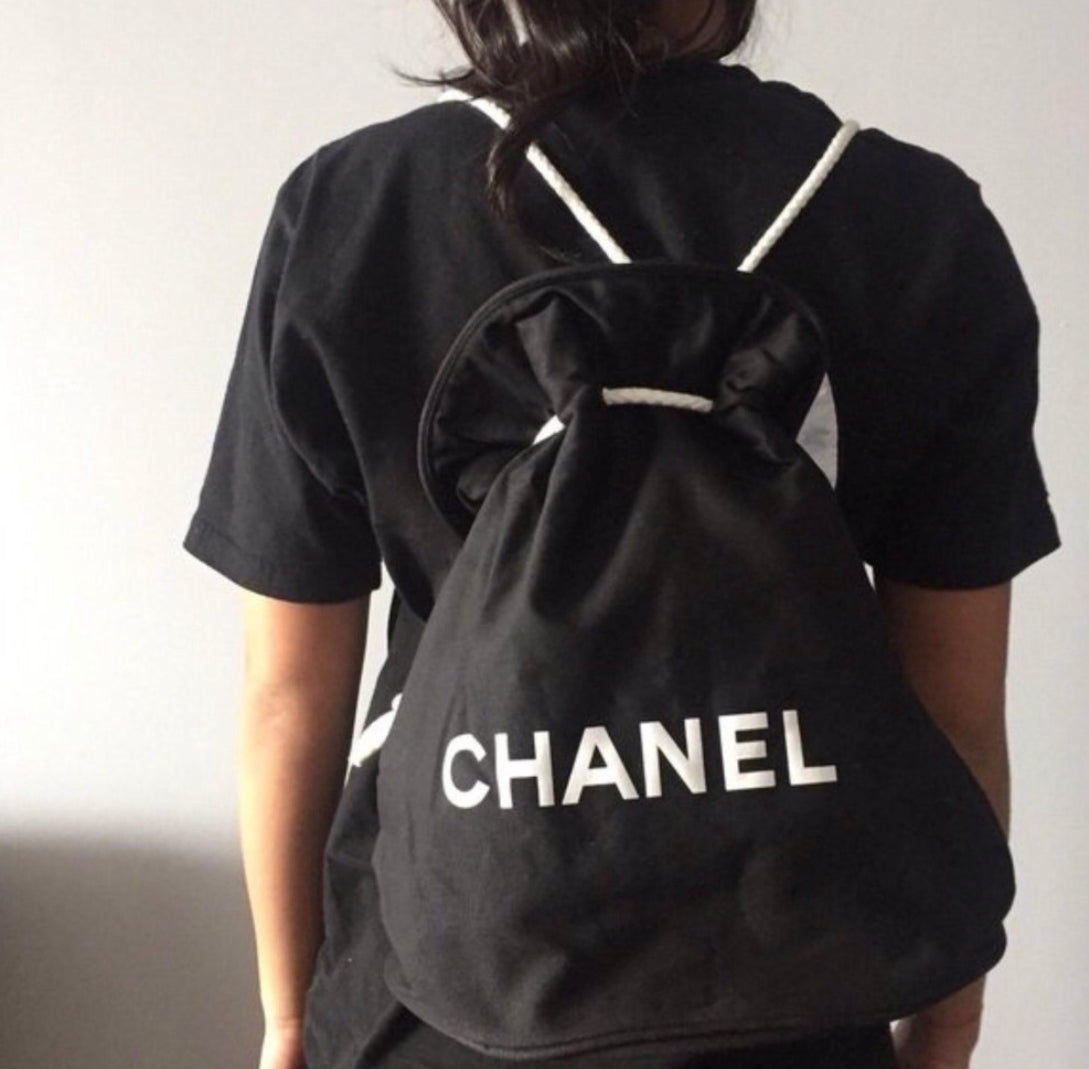

High-end fashion and jewellery brands have so far seen little impact from the rising cost of living, with strong, local demand making up for the lack of global tourism, the industry's traditional growth driver. LVMH-owned Louis Vuitton and Kering's Gucci have also been increasing prices to protect margins and, more recently, to counter rising costs of transport, logistics and raw materials.īlondiaux said Chanel could implement further increases in July to account for currency fluctuations - particularly the weakness of the euro - and inflation. The group says its aim is also to reduce the price gap between different regions.Īfter the latest increase in March, the fourth since the start of 2021, some of Chanel's signature handbags - including the Classic Flap in some cases - now cost up to twice what they did in 2019. The possible wider use of purchase limits comes amid an industry drive for exclusivity, with Chanel repeatedly hiking prices for its handbags during the pandemic. Some resellers have told Reuters they were hiring "line standers" for up to $125 a day to queue or enter stores on their behalf.

The company has already been limiting purchases of the famed handbag in South Korea, where long queues can form before dawn outside Seoul department stores as shoppers brace for what's known as an "open run" - a sprint to Chanel's doors at opening time. "It can be implemented on certain product ranges - not only the flap bag - it could impact some items which are in hot demand and fortunately, or unfortunately, there are quite a lot at Chanel, so this is the kind of measure which we could implement in different countries at times," Blondiaux said.
CHANEL VIP PASSPORT FOR FREE
Register now for FREE unlimited access to RegisterĪnalysts say Chanel wants to make its brand even more exclusive, and is also seeking to counter a boom in the resale market for luxury goods.


 0 kommentar(er)
0 kommentar(er)
